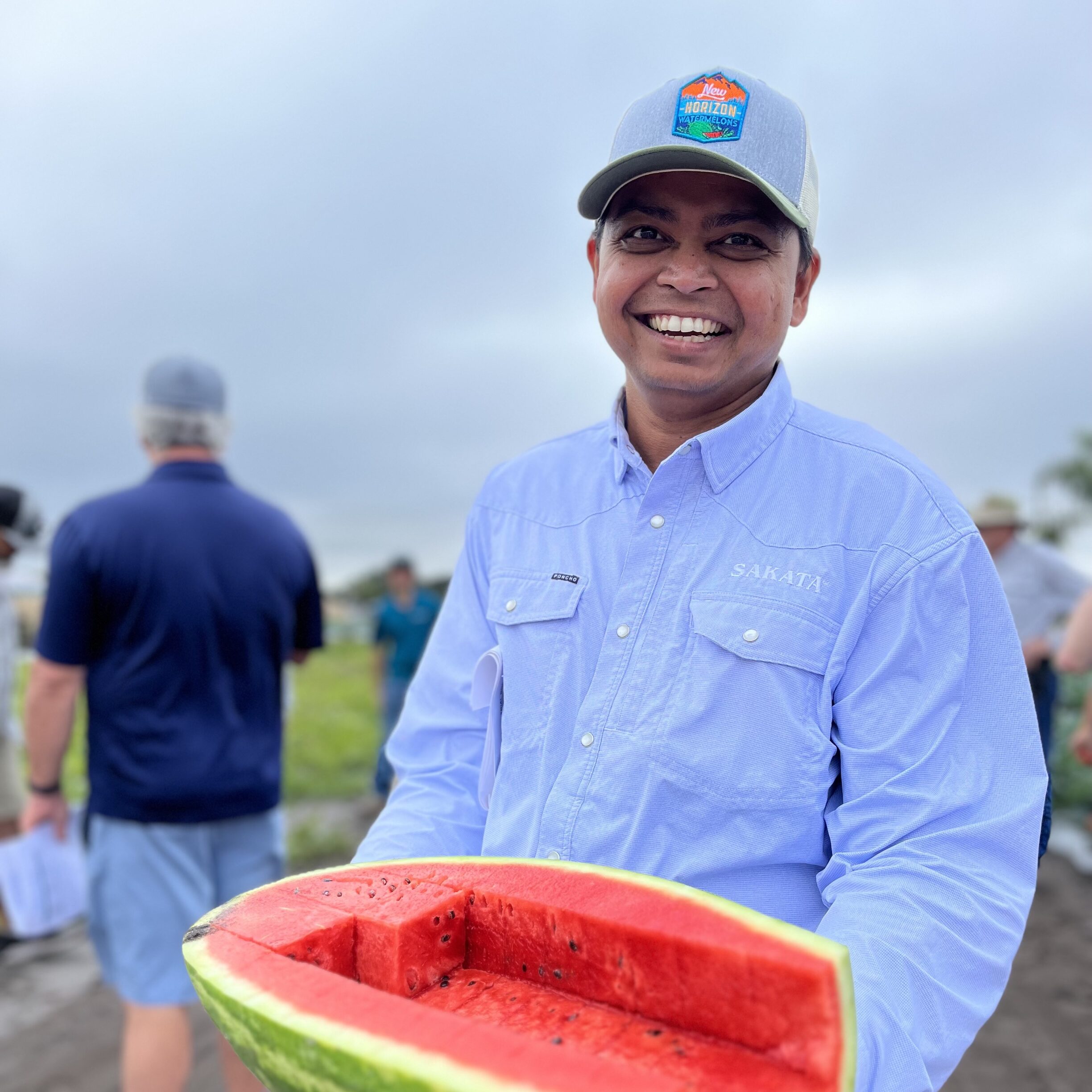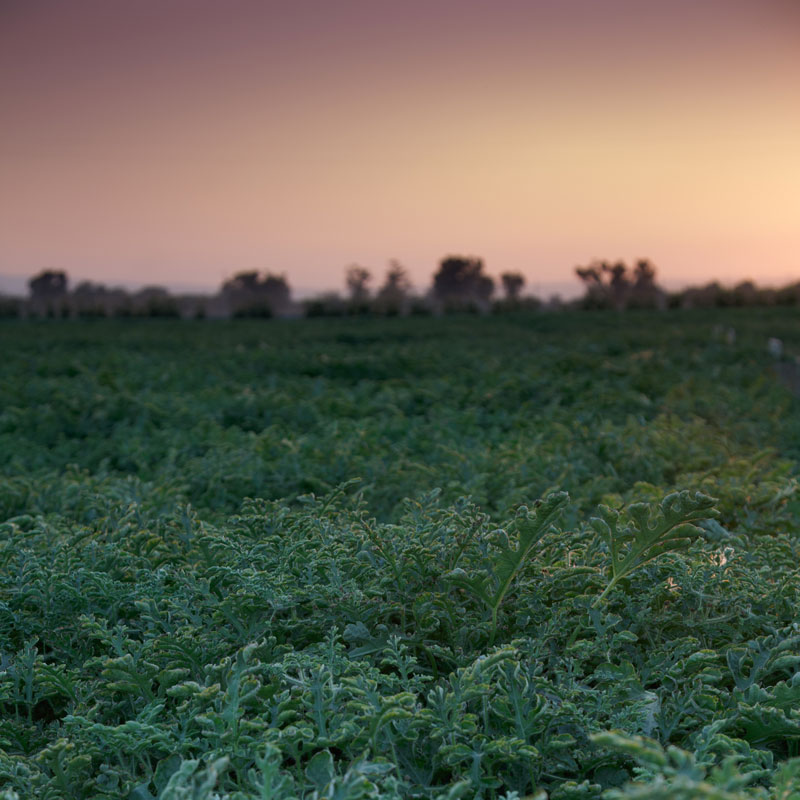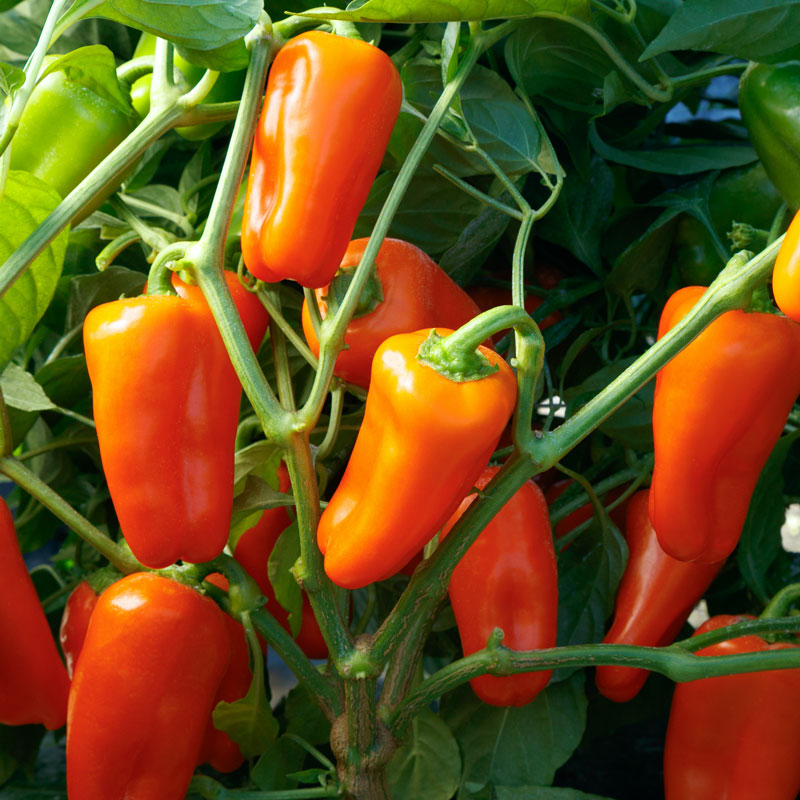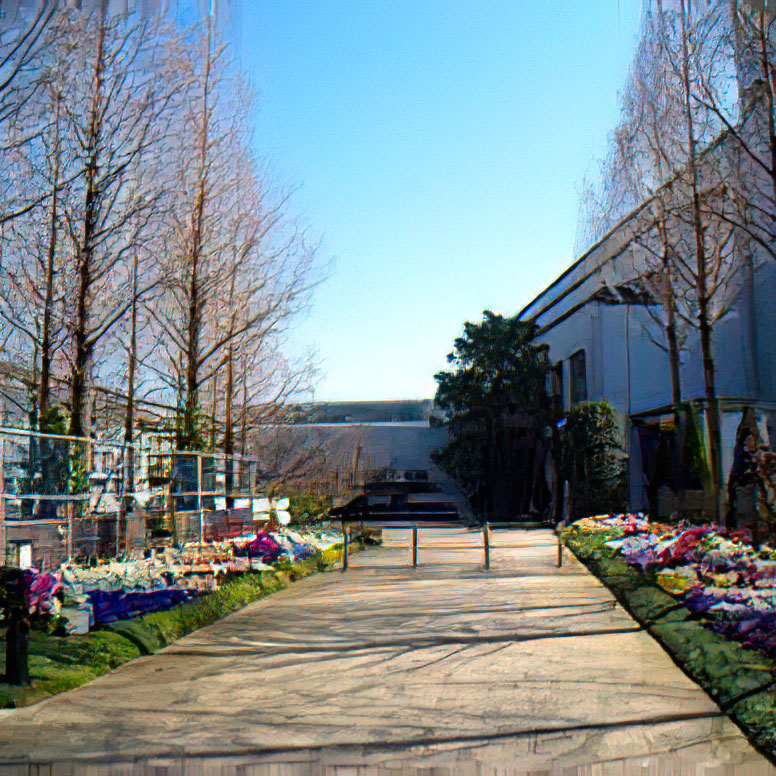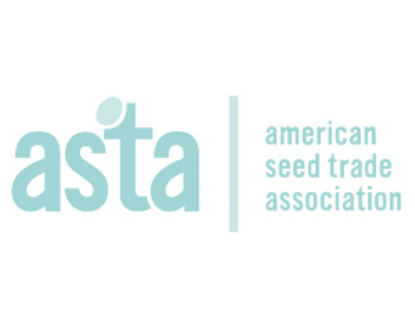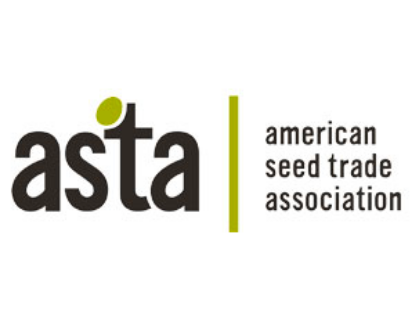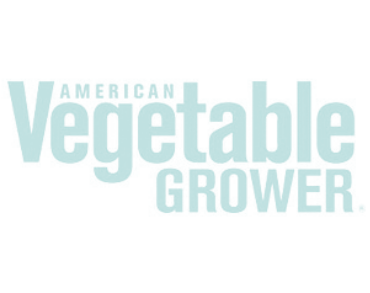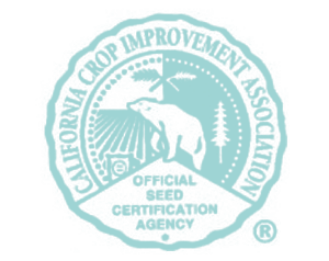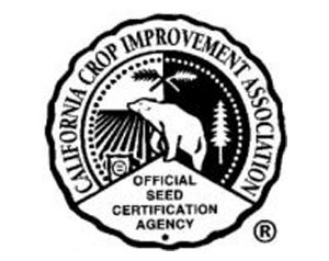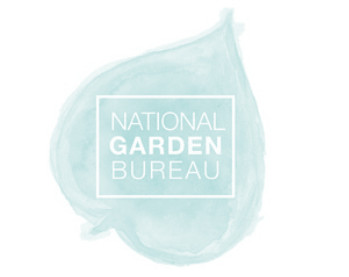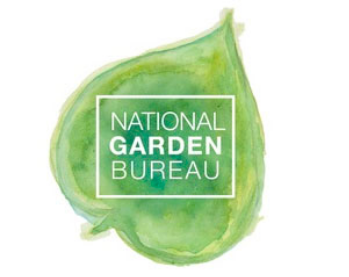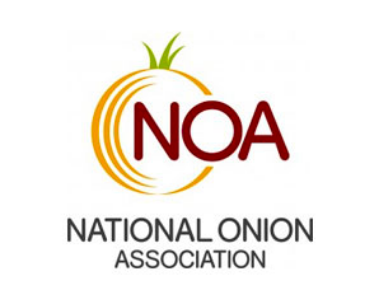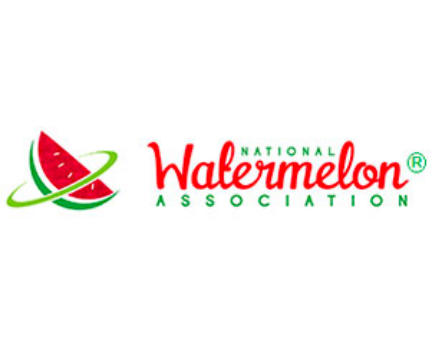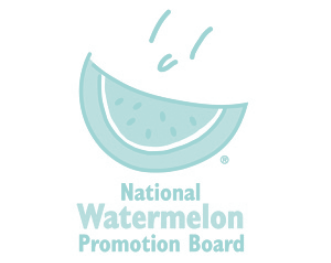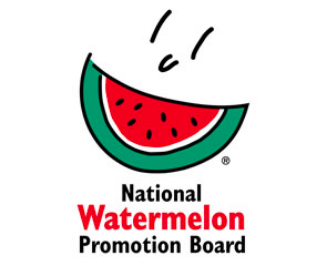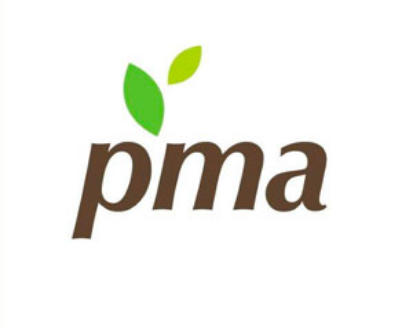More Than45Years of
Excellence
Salinas,
California
Woodland, California
Pacific
Northwest
Fort Myers, Florida
Yuma,
Arizona
Guadalajara,
Mexico
Culiacan,
Mexico
El Tejar,
Guatemala
What People are Saying
COMPANY MILESTONES
A Note from our President and CEO, Dave Armstrong
A century in business matters. Sakata has survived world wars, economic crises and natural disasters to continuously create new standards in global vegetable and ornamental markets. In a marketplace characterized by intensive consolidation, Sakata stands as a symbol of independence, innovation and reliability. A century of business matters to Sakata staff, who have shown their commitment through decades of dedication. It matters to our customers, who have become partners, supporting Sakata genetics over these many years, while realizing value in their businesses from our innovation. On this momentous occasion, we express our deep appreciation to all of Sakata’s stakeholders.

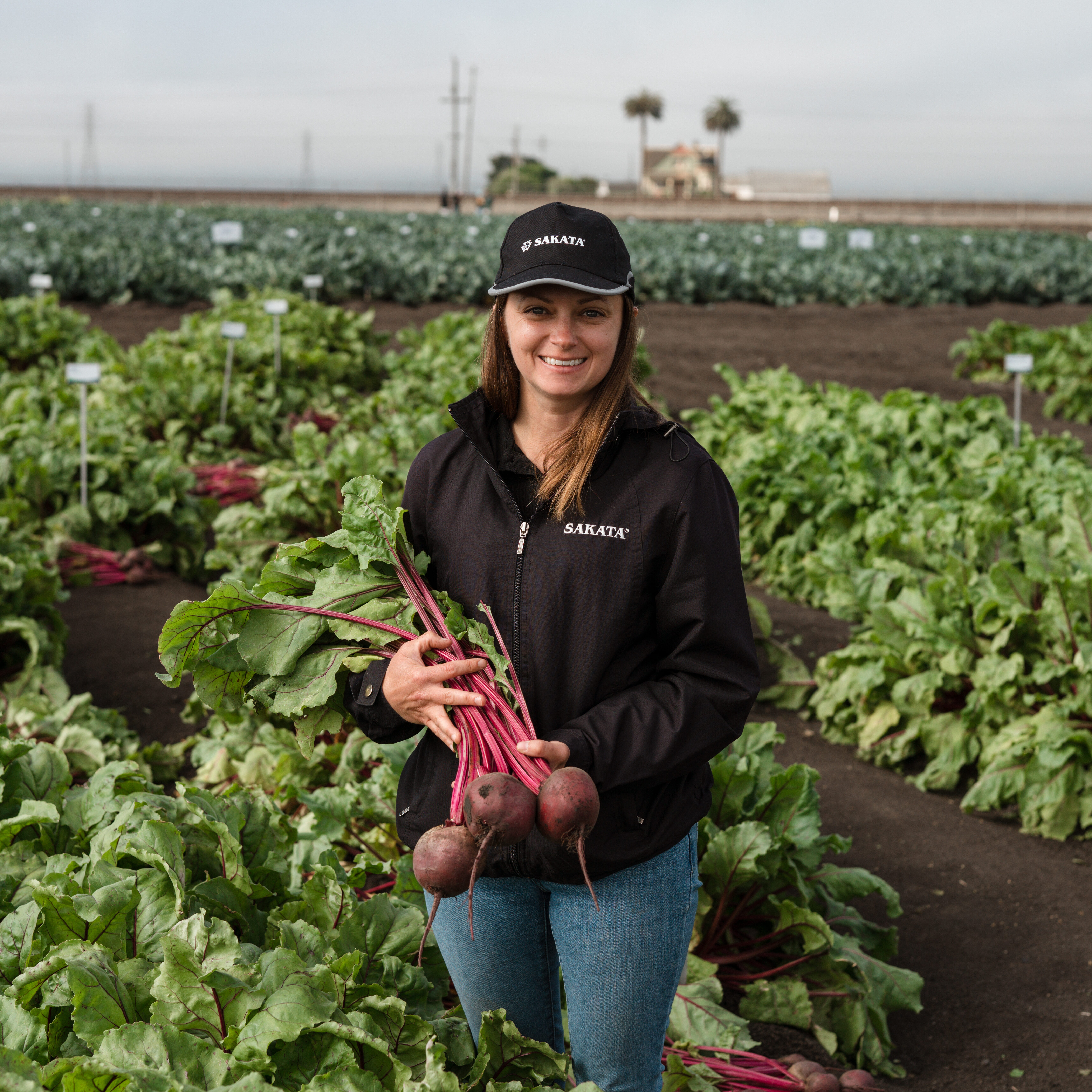
Meet our Breeders
Pumpkin Breeder
Abigail Attavar

Pumpkin Breeder
Abigail Attavar
Hot Pepper Breeder
Benito Juarez
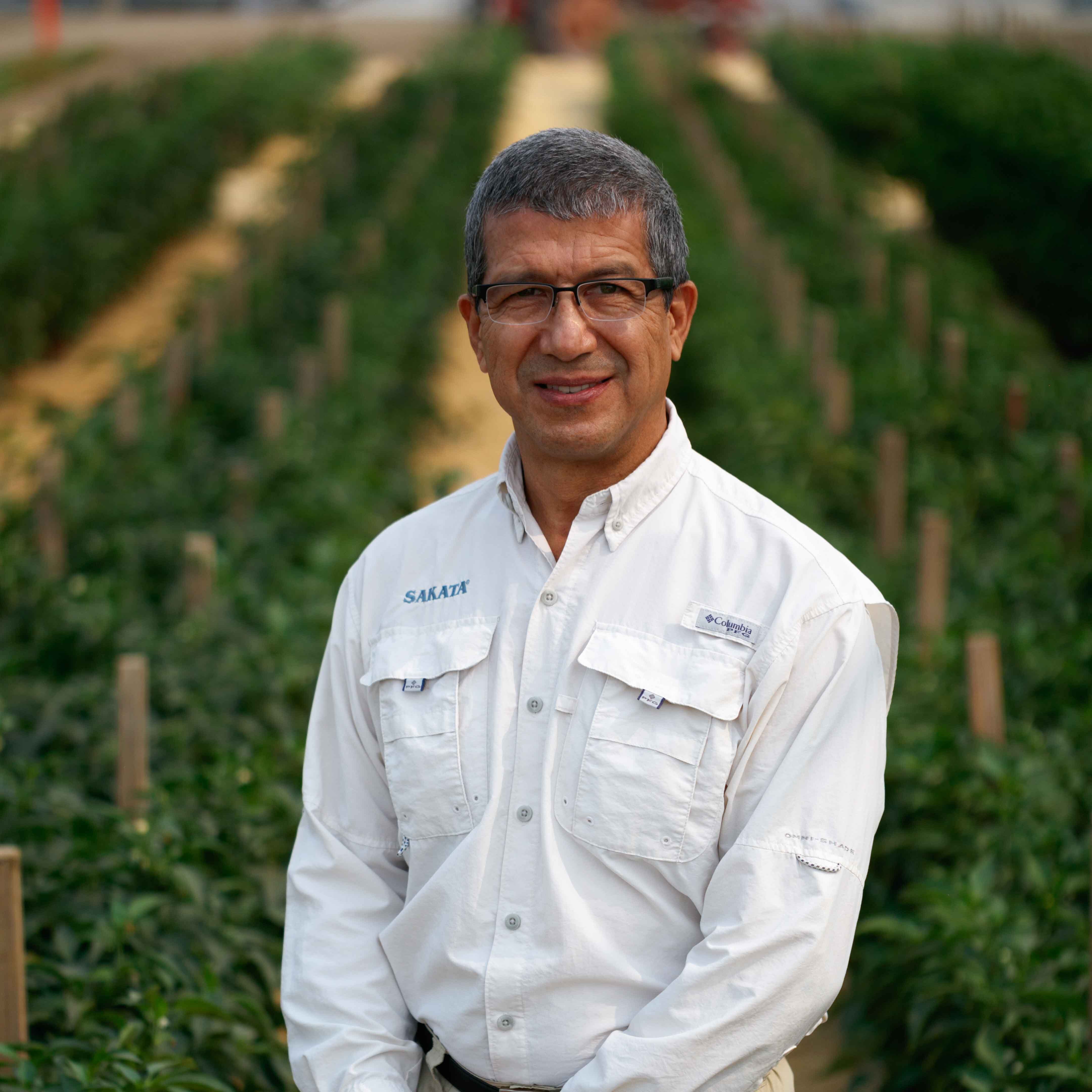
Hot Pepper Breeder
Benito Juarez
Education
M.S. – Horticulture, UC Davis
B.S. – Agronomy and Plant Breeding, UASLP, Mexico
Years of Service at Sakata: 2014 to Present
Spinach Breeder
Bill Johnson
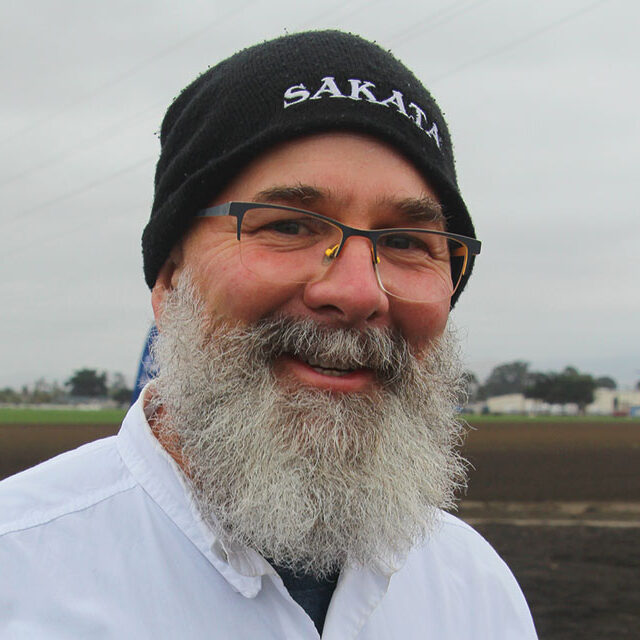
Spinach Breeder
Bill Johnson
Sweet Pepper Breeder
Brian Just
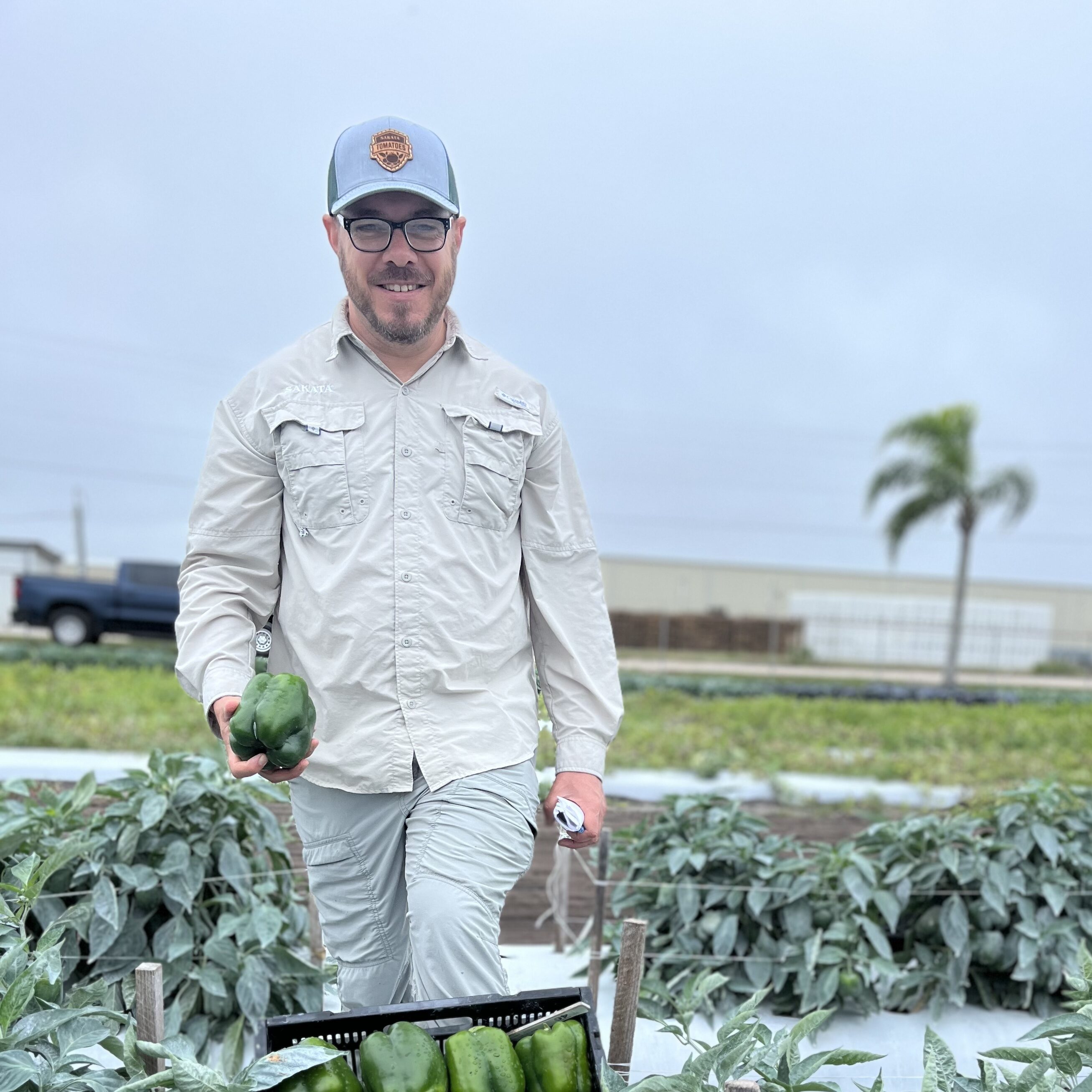
Sweet Pepper Breeder
Brian Just
Tomato Breeder
David Wolff
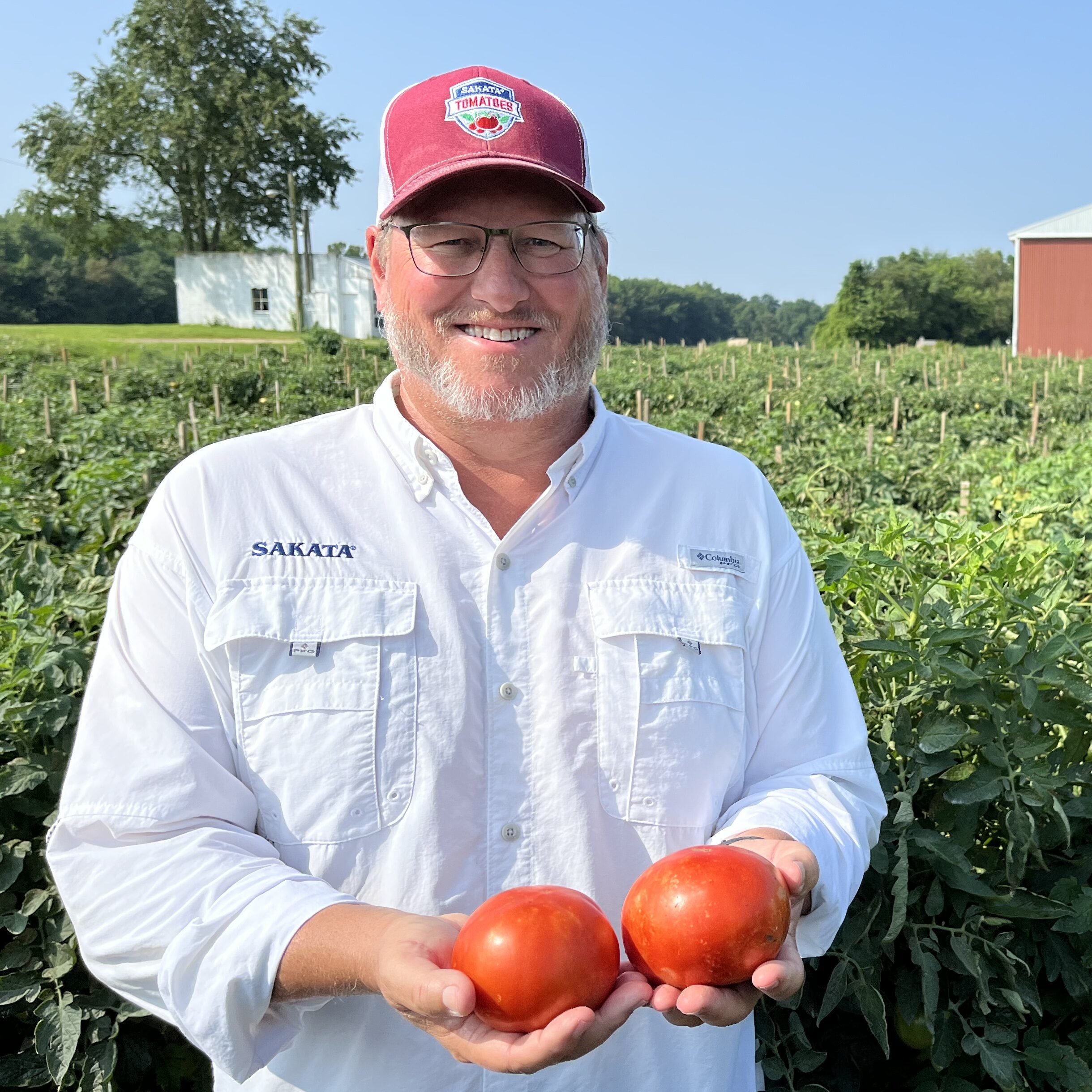
Tomato Breeder
David Wolff
Education:
Ph.D. - Horticulture/Genetics, North Carolina State University
M.S. - Horticultural Science, Virginia Tech
B.S. - Horticulture, The Pennsylvania State University
Years of Service at Sakata: 1998 to Present
Beet Breeder
Jenna Price
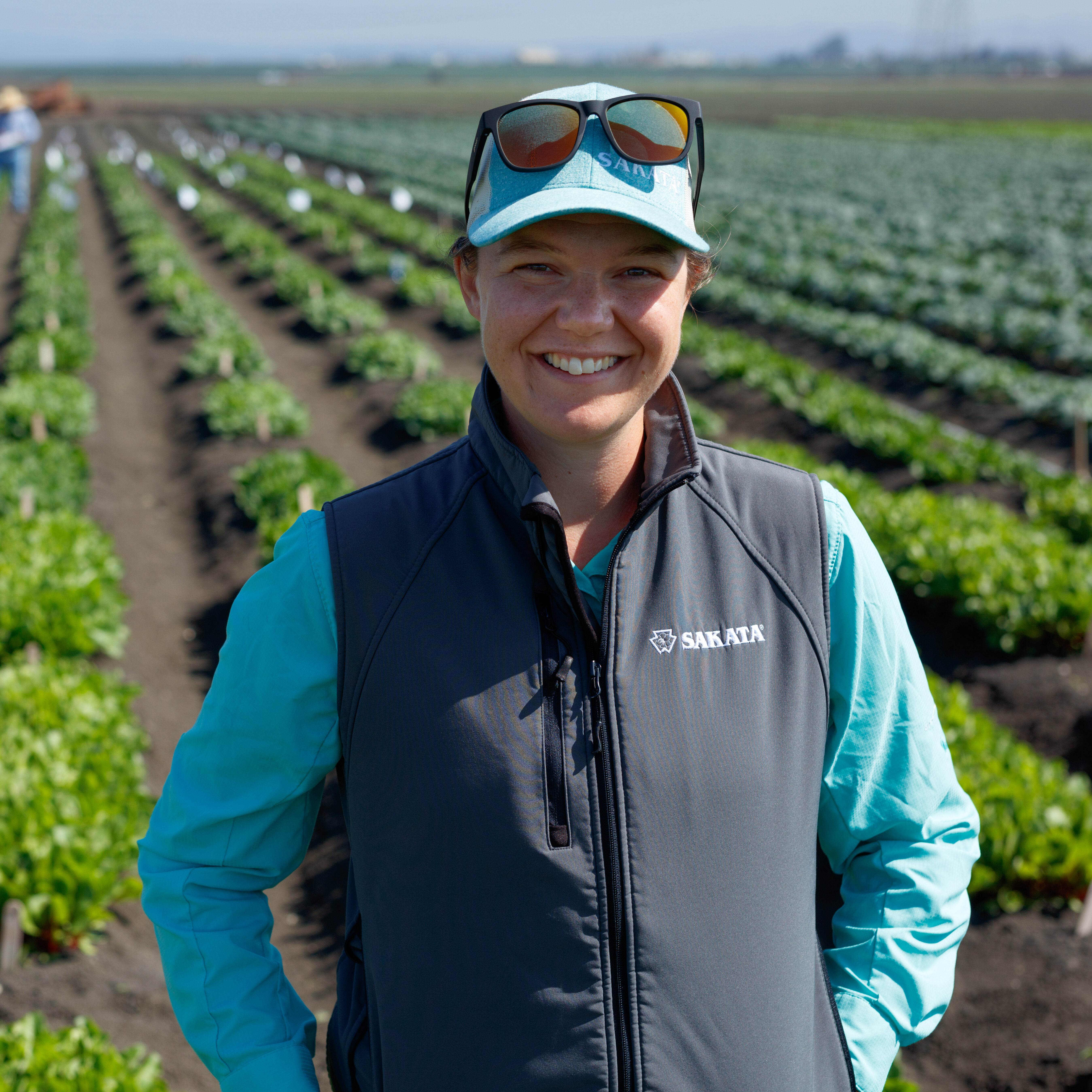
Beet Breeder
Jenna Price
Education
M.S. – Plant Breeding, Iowa State University
B.S. – Agronomy, University of Wisconsin - Madison
Years of Service at Sakata: 2012 to Present
Saladette Tomato Breeder
Jeremy Sisson
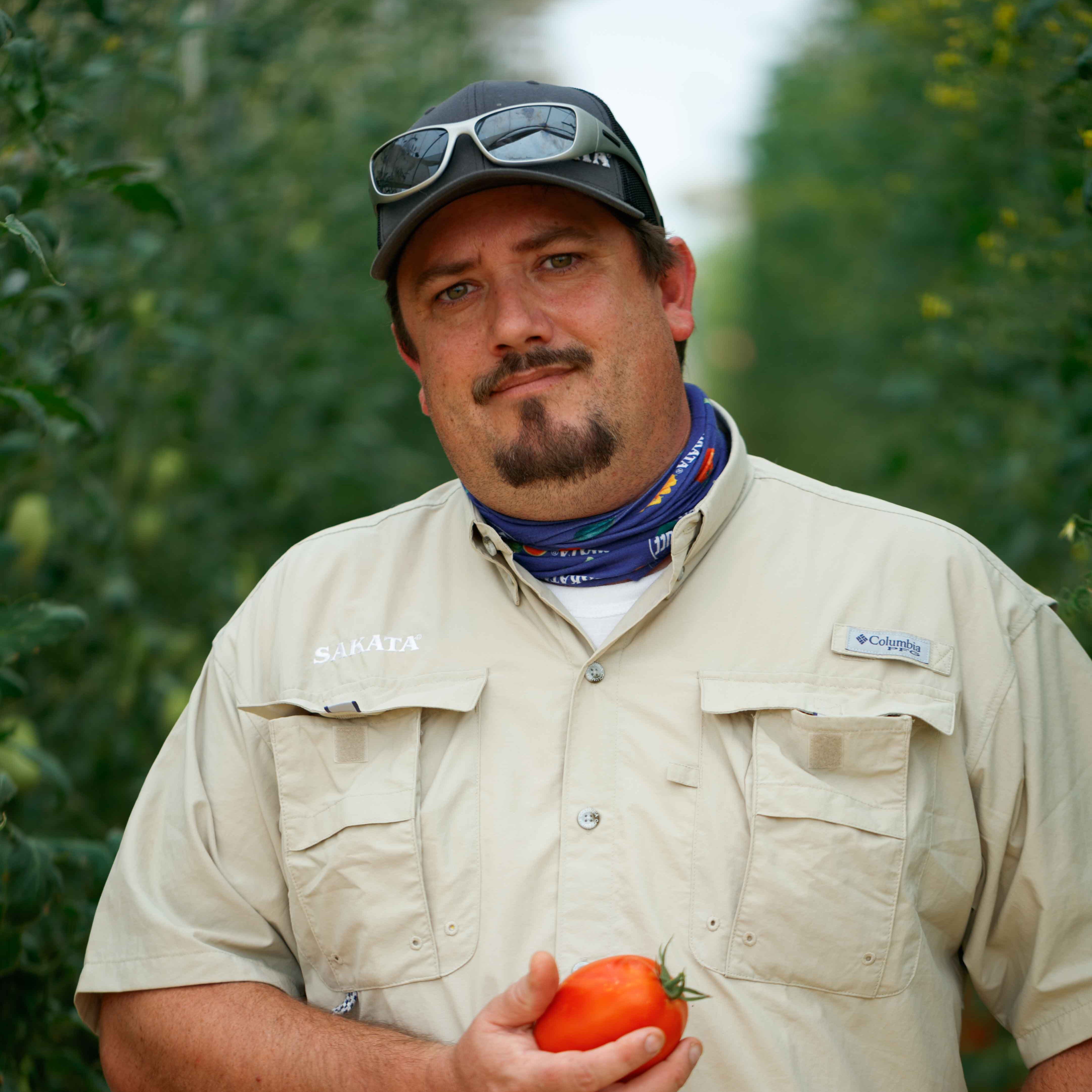
Saladette Tomato Breeder
Jeremy Sisson
Sweet Pepper Breeder
Kevin Coe

Sweet Pepper Breeder
Kevin Coe
Lettuce Breeder
Miguel Macias Gonzalez
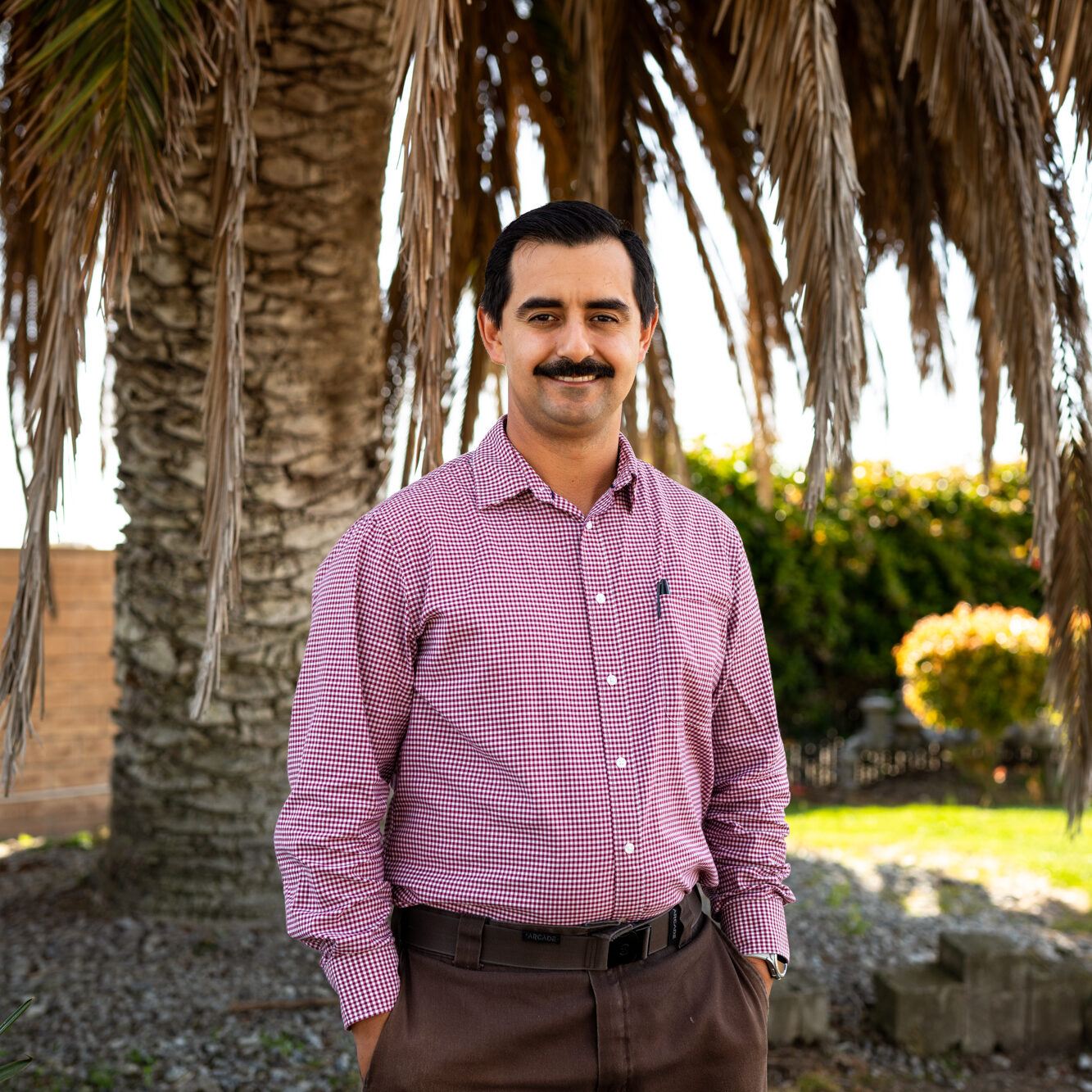
Lettuce Breeder
Miguel Macias Gonzalez
Watermelon Breeder
Mohammed Hassan
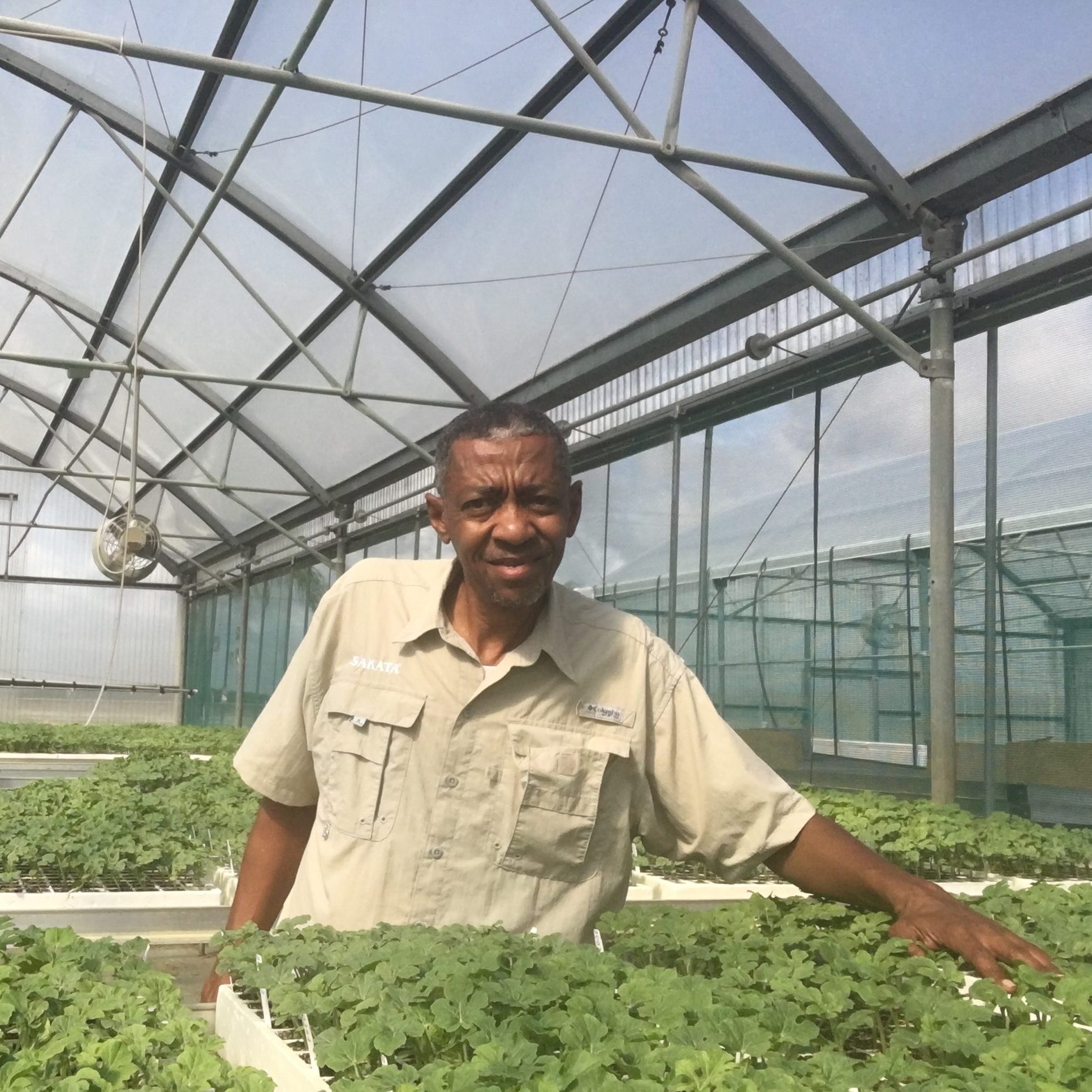
Watermelon Breeder
Mohammed Hassan
Radish Breeder
Naoki Yaya
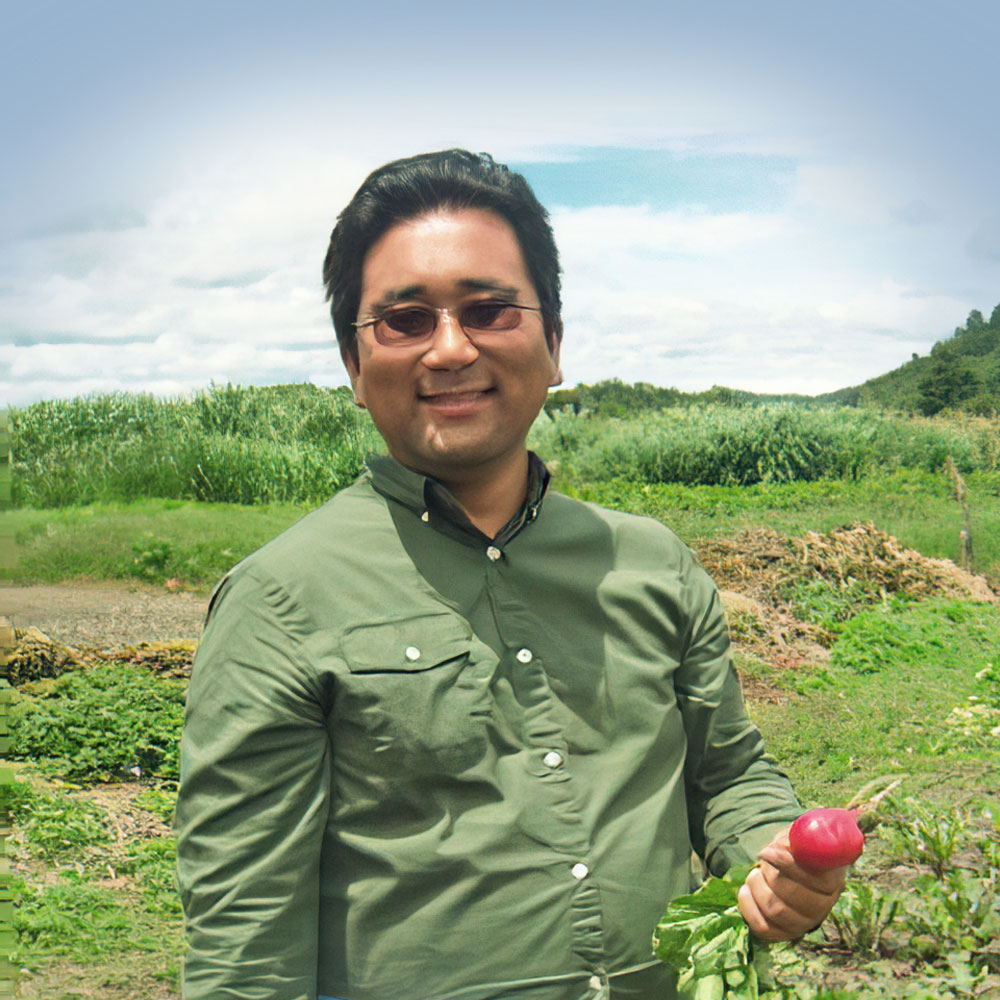
Radish Breeder
Naoki Yaya
Education:
M.S. - Plant Breeding, Iowa State University
B.S. – Plant Biotechnology, UC Davis
B.A. - Comparative Literature, UC Davis
Postgraduate Certificate - Plant Breeding Academy, UC Davis
Years of Service at Sakata: 2007 to Present
Senior Watermelon Breeder
Nihat Guner
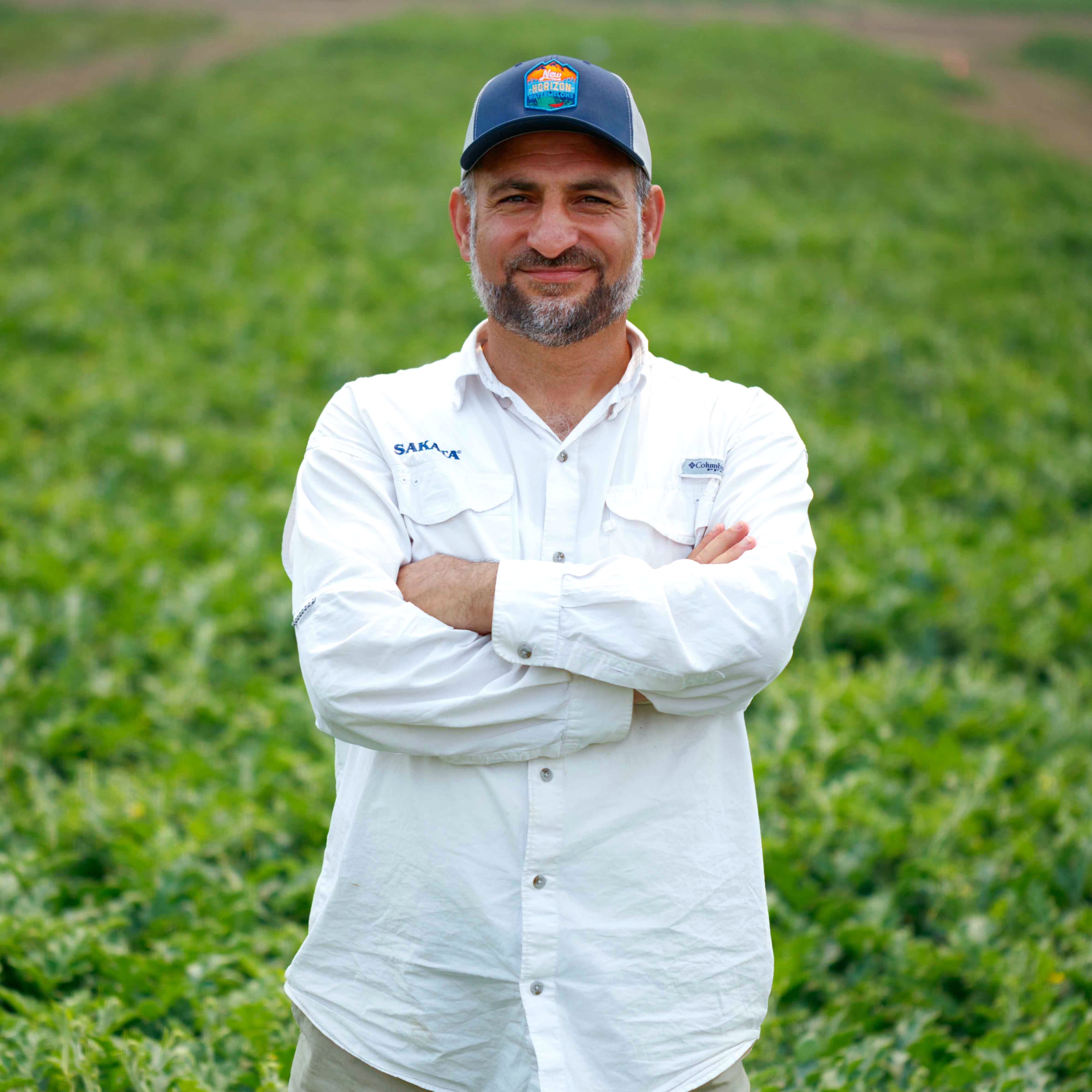
Senior Watermelon Breeder
Nihat Guner
Education:
Ph.D. - Horticulture - Plant Breeding and Genetics, Minor: Genetics, North Carolina State University
M.S. – Horticulture - Plant Breeding and Genetics, Oregon State University
Years of Service at Sakata: 2004 to Present
Brassica Breeder
Nobuhiro Nagata

Brassica Breeder
Nobuhiro Nagata
Pathologist
Sierra Hartney
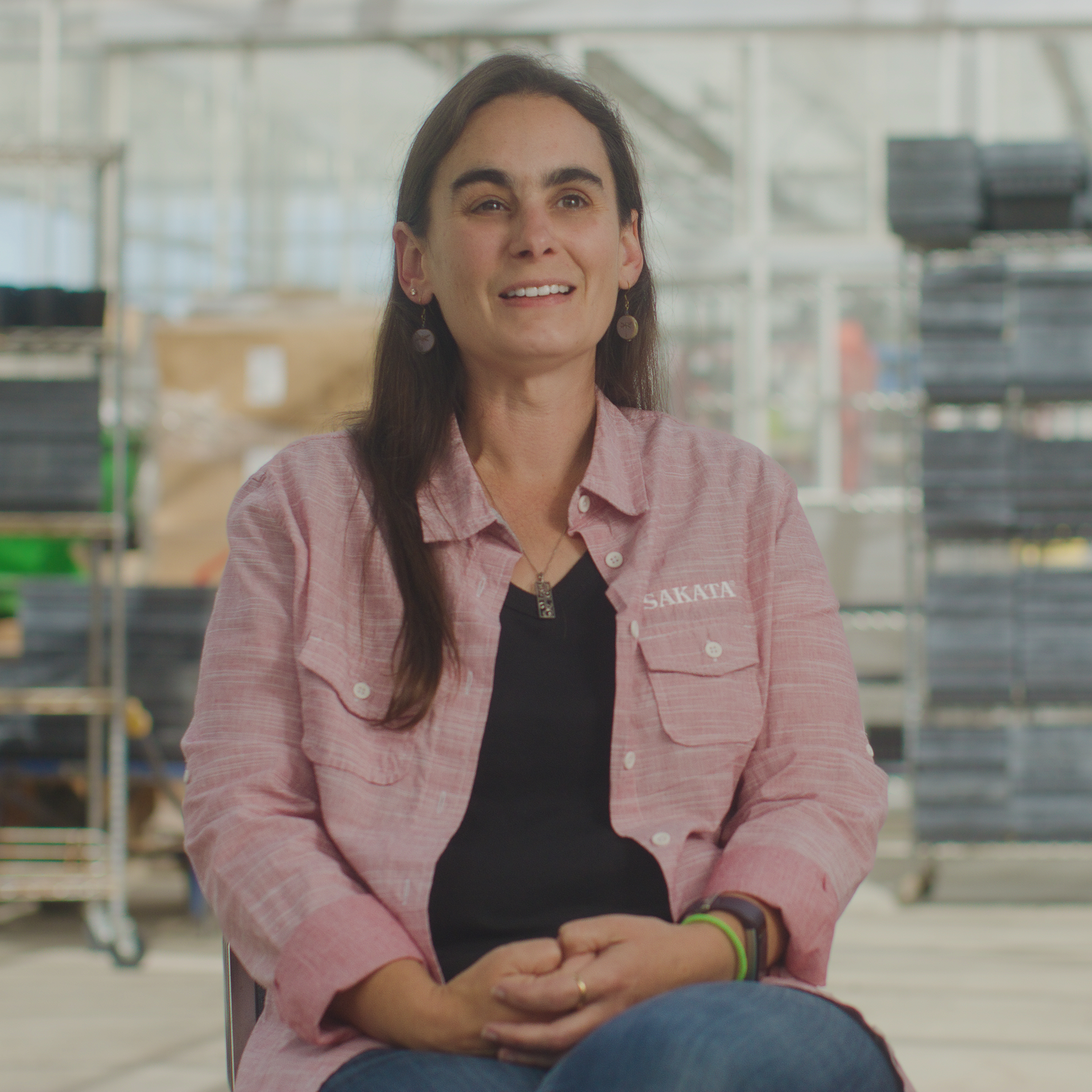
Pathologist
Sierra Hartney
Education:
Ph.D. – Plant Pathology, Oregon State University
M.S. – Plant Pathology, Washington State University
B.S. – Biological Sciences, Central Washington University
Years of Service at Sakata: 2012 – Present
Watermelon Breeder
Takshay Patel
